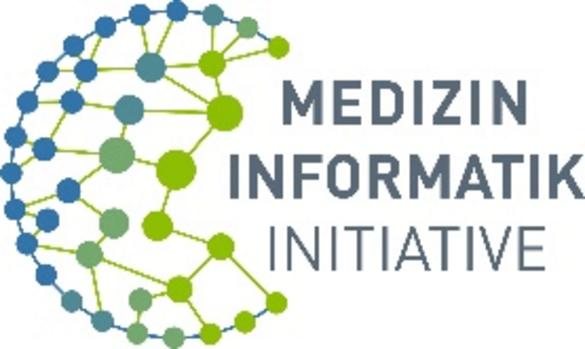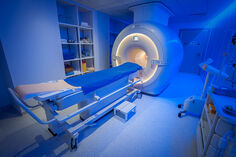Forschung – Bioinformatik und Systemkardiologie
Die posttranskriptionelle Netzwerkanalyse ist ein notwendiger Baustein, um unser Verständnis der kardiovaskulären Gesundheit und Erkrankungen zu verbessern. Es wird neue medizinische Möglichkeiten bieten.
Das Dieterich Lab beschäftigt sich mit der Verarbeitung genetischer Informationen von der DNA zu Proteinen. Bisher wurde dies oft als unkomplizierter Prozess angesehen, bei dem RNA nur ein Zwischenprodukt ist. Allerdings handelt es sich bei der RNA nicht nur um einen inerten Informationsträger, sondern vielmehr um einen interaktiven und dynamischen Informationsträger, der vielfältige Funktionen erfüllt. Die Stabilität und Translationseffizienz von RNA werden durch ihre Sekundärstruktur sowie durch Wechselwirkungen mit RNA-bindenden Proteinen und nicht-kodierenden RNAs wie microRNA oder lncRNA gesteuert. Auch co- und posttranskriptionelle Prozesse wie RNA-Modifikationen können RNA-Moleküle auf Basenpaarebene verändern und so die endgültige Proteinsequenz auch nach der Transkription beeinflussen. Mit der Wiederentdeckung der Klasse der zirkulären RNAs (circRNAs) hat auch eine weitere, noch weitgehend unerforschte Gruppe von RNA-Molekülen Einzug in den Bereich der nicht-codierenden RNAs gehalten. Das Zusammenspiel all dieser Teile in einem großen Interaktionsnetzwerk wird heute als posttranskriptionelle Genregulation bezeichnet und steuert zahlreiche Prozesse in unseren Zellen. Klassischerweise stehen konkrete Fragestellungen oder Beobachtungen aus der RNA-Biomedizin am Anfang unserer Arbeit.
Das Dieterich Lab arbeitet an rechnerischen sowie statistischen Studienansätzen
- RNA-Modifikationen (d. h. RNA-Bearbeitung und andere)
- RNA-RNA- und RNA-Protein-Wechselwirkungen
- Zirkuläre RNAs
- Kontrolle der Übersetzung
- RNA-Dynamik
- Datenintegration (OMICS & klinische Daten)
Unsere Förderer











